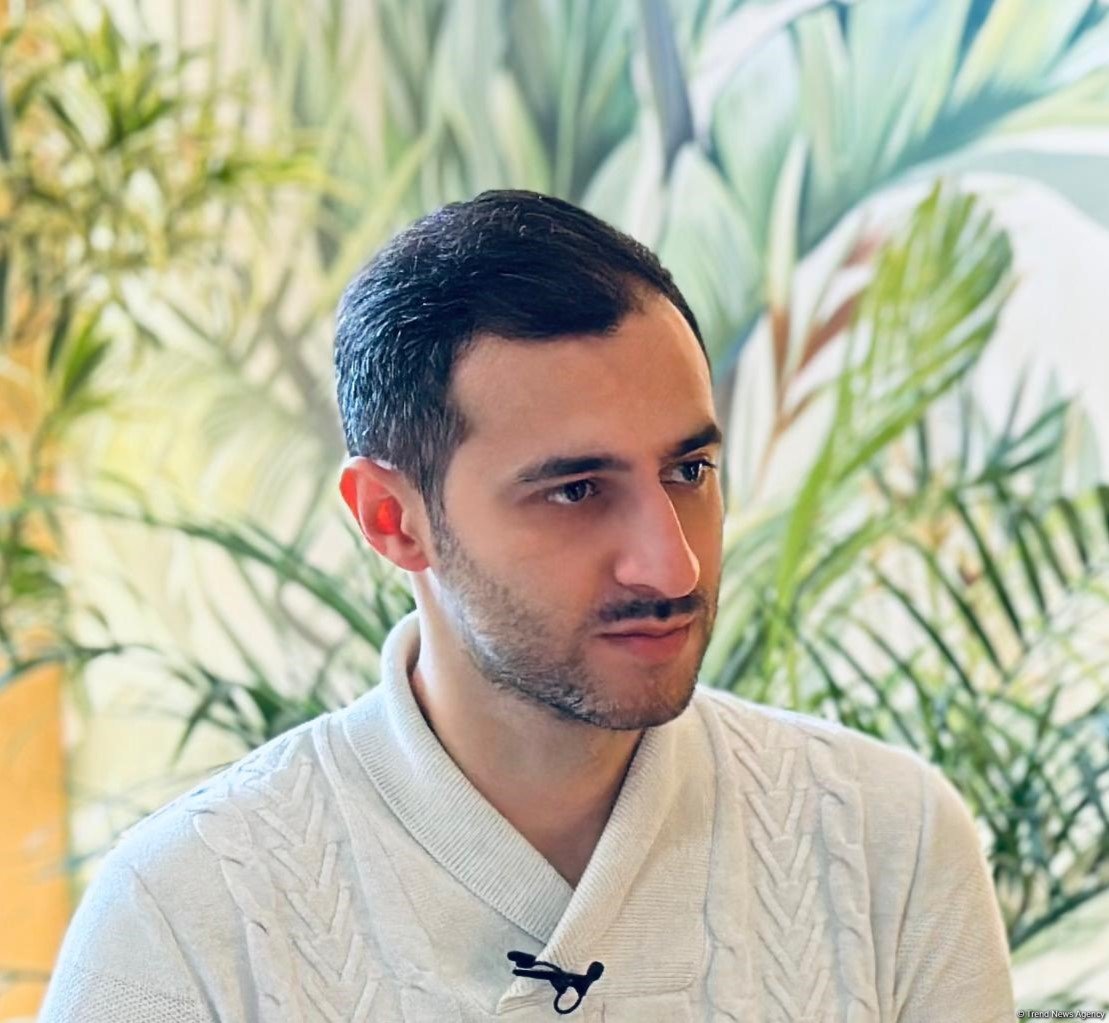BAKU, Azerbaijan, September 23. One of the big fish to fry on the climate agenda today is shaking up the operations of Multilateral Development Banks (MDBs) to back a worldwide leap toward sustainable economies. The name of the game is weaving climate considerations into bank strategies and getting the ball rolling on green financial markets, Trend reports.
In recent years, big players like the World Bank have rolled up their sleeves and set the wheels in motion to make it easier for countries hit hard by climate change to get their hands on financing. For example, in the wake of Hurricane Maria in 2017, the World Bank opened its purse strings to the tune of $115 million to help Dominica get back on its feet. However, even with a helping hand, many developing nations find themselves in a tight spot, grappling with debt dependency and sky-high interest rates for clean energy projects. This is especially true in Africa, where the costs are through the roof compared to their developed counterparts.
The current reforms seek to increase the financial capabilities of multilateral development banks and improve their coordination. The proposed changes aim to attract private capital, which may be crucial for meeting ambitious climate financing objectives. G20 experts specifically recommend increasing the ratio of private capital attracted to funds supplied by MDBs, which will assist in addressing the investment requirement projected at $2.4 trillion annually by 2030.
In parallel with the efforts of MDBs, developing robust green financial markets is essential to facilitate greater private sector involvement in the process of "just transition."
According to the Environmental Defense Fund, although MDBs have progressed in easing access to finance, the development of green financial instruments still requires acceleration. One of the most important elements of this process is attracting private capital. Currently, for every dollar provided by MDBs, only $0.6 comes from private investments, but experts call for doubling this figure to accelerate financing for the transition to sustainable development.
An essential element of a “just transition” is the private sector's increased responsibility. This involves not only investing in sustainable projects but also utilizing innovative financial mechanisms like “payments for ecosystem services” (PES). These mechanisms enable private entities to contribute to environmental solutions, such as ecosystem restoration, which helps mitigate climate risks.
Moreover, the role of Multilateral Development Banks (MDBs) is critical in ensuring a fair distribution of climate finance. Many developing countries struggle with exorbitant costs for clean energy projects and face significant challenges in recovering from climate-related disasters. For instance, African nations contend with capital costs for clean energy that are three times higher than those faced by developed countries. This disparity underscores the urgent need for equitable financial support to facilitate a more sustainable future.
As climate expert Angela Csuri Kalhaug notes, reforms are already underway, with the World Bank adopting a new strategy that involves a broader integration of climate goals into its core mission of creating a world without poverty on a “livable planet.” These reforms aim to strengthen the ability to attract private capital and expand the financial power to support sustainable projects.
The private sector's involvement is equally important. UN Climate Chief Simon Steele underscores the crucial role of the private sector in the equitable transition process. He calls for a “quantum leap” in climate finance to make this process more equitable and accessible to all countries.
Examples of successful climate financing initiatives include ecosystem restoration programs, such as mangrove reforestation, which provide effective solutions to climate challenges, especially for vulnerable countries.
To ensure the success of the climate agenda, it is vital to expedite MDB reforms and enhance private sector participation in green financial markets. Failure to do so may hinder the global community's ability to meet ambitious climate financing targets in the coming years.
Overcoming the consequences of climate change requires decisive and coordinated action at the global level.
As Yalcin Rafiyev, the chief negotiator of COP29 and Deputy Foreign Minister of Azerbaijan, noted, COP is one of the most important platforms for combating climate change.
"If climate change continues as per the current scenario or worsens, the world faces a major catastrophe. To prevent this threat, UN member states, as well as partner states of the Rio Convention and the Paris Agreement, must take serious and effective steps. The COP events are one of the most suitable platforms for such steps," Rafiyev emphasized.
As part of the discussions at COP29 (in Baku), the increase in climate financing to $150 billion will be a focal point (currently, developed countries have committed to mobilizing $100 billion annually to support climate action in developing countries under the Paris Agreement).
The MDB Group recently published a report on global climate finance. According to the data, their climate finance volume reached a record high of $125 billion in 2023. Low- and middle-income countries received climate finance allocations of $74.7 billion last year. 67 percent, or $50 billion, of this amount went to climate change mitigation, while the remaining $24.7 billion, or 33 percent, went to climate change adaptation. The amount of private finance mobilized for these countries amounted to $28.5 billion.
High-income economies received an allocation of $50.3 billion in 2023. Of this amount, $47.3 billion, or 94 percent, went to climate change mitigation, and the remaining $3 billion, or 6 percent, went to adaptation. The volume of private finance for high-income countries amounted to $72.7 billion.
Azerbaijan will host the 29th session of the Conference of the Parties to the UN Framework Convention on Climate Change (COP29) in Baku in November. The COP28 plenary session in Dubai on December 11 last year made the above decision.







